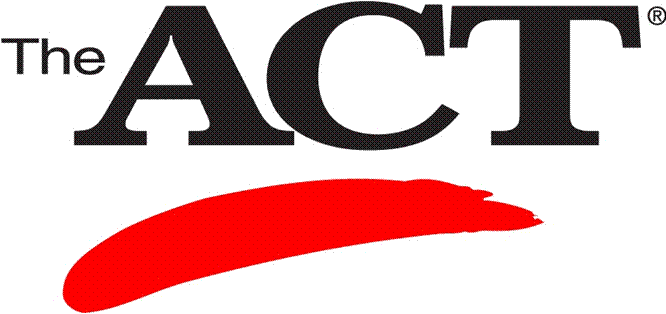It’s Just a Test
As juniors receive their scores from this year’s ACT test, they still remember the drudgery of those three days in early March.
“I am more than a test score.”
“The ACT does not define me.”
The night before any given test date these generic tweets fill Twitter as students prepare for the trial that awaits them the next morning. Unfortunately for these students, the ACT does define you. Whether students like it or not, the ACT and other standardized tests are often one of the most important factors for acceptance into college, and that is a shame.
Though many moan and groan about the “unfairness” of standardized testing, tests like the ACT supposedly level the playing field for students across the country. While GPA and even recommendations can be subject to the high school a student attends, standardized testing is -as its name suggests – standardized testing. Every student from Montana to Michigan is answering the same problems, in the same format, and at roughly the same time. There is no difference between testing sites, no teacher who hands out the most generous curve, or even a proctor who is willing to give out extra credit. In that testing room, everything is equal, or is it?
The sad truth is the ACT can never be a true indicator of student potential, not as long as the multi-million dollar industry of “test preparation” exists. Many families happily send their kids to Princeton Review or other such companies in hopes that their child’s score will improve by a couple more points. Other families go a step further and hire private tutors with the expectation that their child will gain an edge, and that is where the problem lies.
Some might say money is not needed to prepare effectively for the ACT, but how can one student match the might of the Princeton Review machine? Companies whose only job is to find every trick of a test seem to have a huge advantage over the average though hard working student. Others might say test prep cannot drastically change a student’s score and tutors just squeeze out a few extra points. But is there not a drastic difference between a 27 and a 30? A 22 and a 25? Based on test scores alone, a 30 represents a competitive candidate to University of Michigan. A 27? Not so much.
Everyone should take the ACT – raw. No prep, no private tutors, just a student coming in with the vague knowledge he might have to know how to use a semicolon. Here, the playing field would actually be level. Gone would be the advantage of having the means to afford a tutor or the luck to attend a school that teaches the ACT as part of the curriculum. Here, the ACT would finally measure a student’s college readiness, not how well he knows the tricks to scoring a 36.
Sadly, however, this idealistic dream is not reality and the test preparation industry will probably continue to grow and flourish. ACT scores will continue to be a representation not of a student’s ability, but rather how much one spends on preparation. And yes, students will continue to be judged based on their ACT score, but whether it truly defines them, well, that is the real question – isn’t it?






